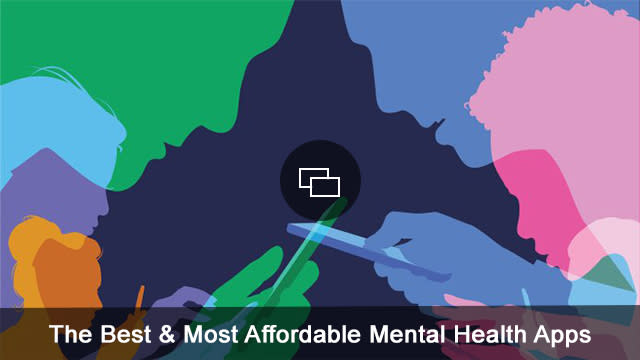
Postpartum Depression Despite how common postpartum depression is, according to one study, it affects 1 in 7 women, and Black, Asian and Indigenous people are more likely to experience it, many new parents still suffer in silence. The good news is that scientists continue to study and find solutions for PPD, including antidepressants in particular, and thanks to a new paper specific guidelines on how exercise can prevent and treat postpartum depression.
The meta-analysis, published last week in the journal PLoS One, examined data from 26 studies involving 2,860 people. Researchers have sought to determine definitively how exercise affects postpartum depression for prevention and treatment, and to reduce the intensity and frequency of exercise that has the best effect.
More from SheKnows
They found that aerobic exercise (aka cardio) has a significant impact on preventing and treating PPD, making prevention more important. The correct frequency? Three to four moderate-intensity workouts per week, 35 to 45 minutes each. It doesn’t matter what kind of It’s all about the cardio you do, study finds. Walking, jogging, cycling, dancing, swimming, water aerobics have a positive effect as far as raising your heart rate is concerned.
This is useful information to know whether you are looking to reduce your chances of developing PPD or are currently experiencing certain symptoms (which include mood swings, anxiety and depression). However, it’s important to note that there’s no single cause of postpartum depression, says author Kelly Van Zandt. Powerful postpartum And the postpartum care specialist currently practices marriage and family therapy, She told Nose. We know that a birthing mother experiences a sharp shift in hormones and a period of sleep deprivation that contributes to mood swings.
There are many factors that contribute to PPD, and potential solutions need to address them all. While mothers’ hormonal status, emotional state, physiology, and personal history are critical concerns, contextual factors such as family dynamics, roles, expectations, perceptions, responsibilities, and communication cannot be ignored, Van Zandt explains.
Exercise can help reduce postpartum depression because it releases endorphins, improves mood, improves sleep, moderates hormones and increases self-awareness and self-esteem, Van Zandt says. However, it is not a cure-all. The study found that both solo and group exercise were effective for helping with PPD, although Van Zandt notes that supervised programs (such as working with a trainer) are safer for pregnant and postpartum women. Additionally, team-based or group exercise can help foster a sense of community, which studies have shown reduces stress and improves mothers’ well-being.
Likewise, we agree that three to four workouts per week may be too much for some new moms. Many new moms often find they lack the time and energy to exercise, Van Zandt says. Although the benefits of exercise are well documented, it is important to avoid a one-size-fits-all approach. For some, prescribed exercise can fold nicely into their lives and stabilize moods somewhat. For others, adding another task to the to-do list may present more challenges than relief.
When it comes to preventing and treating PPD, it’s all about what works best for you on an individual level. If you find yourself with the time and energy to exercise, you may find it helpful to know what type and frequency of exercise is best. If not, other treatment options are available. Be sure to talk to your doctor if you are concerned about PPD or are experiencing symptoms to discuss the best treatment plan for you.
Before you go, check out these affordable mental health apps we love:

The best of She Knows
Sign up for the SheKnows newsletter. For the latest news, follow us on Facebook, Twitter and Instagram.
#type #exercise #prevent #postpartum #depression #heres #moms
Image Source : www.yahoo.com

Leave a Reply